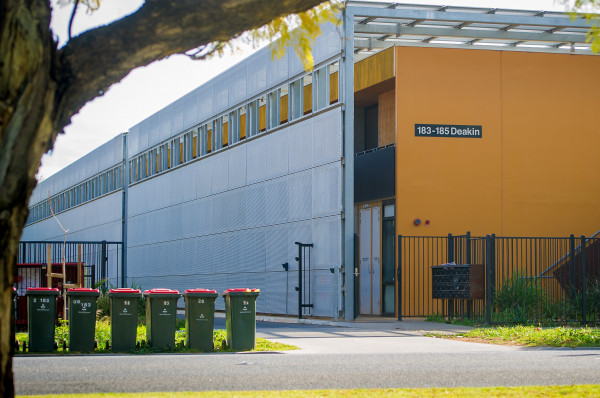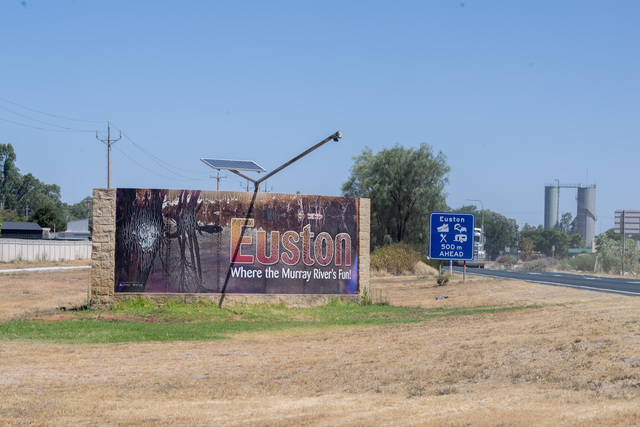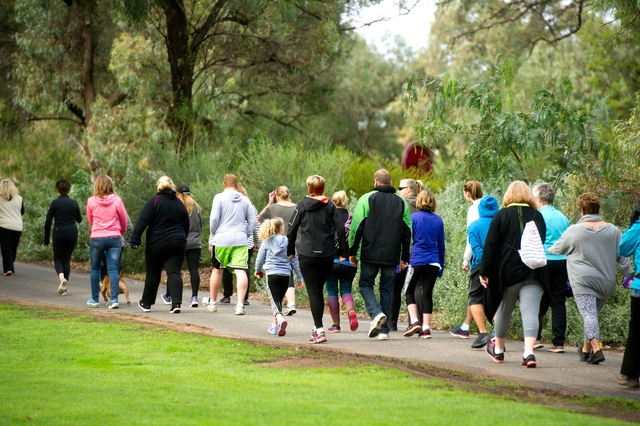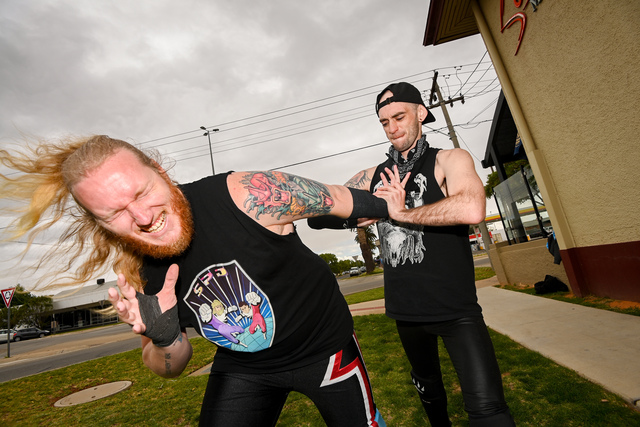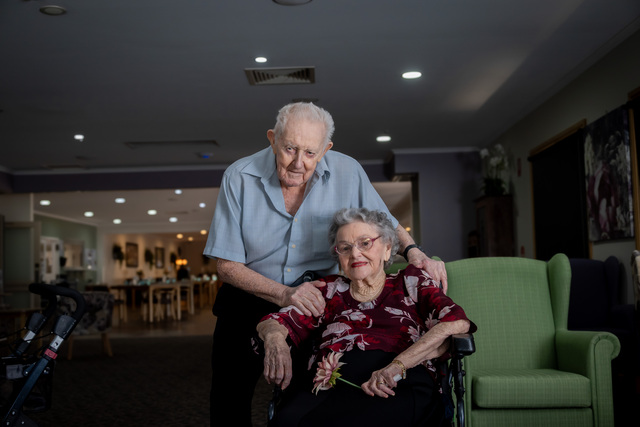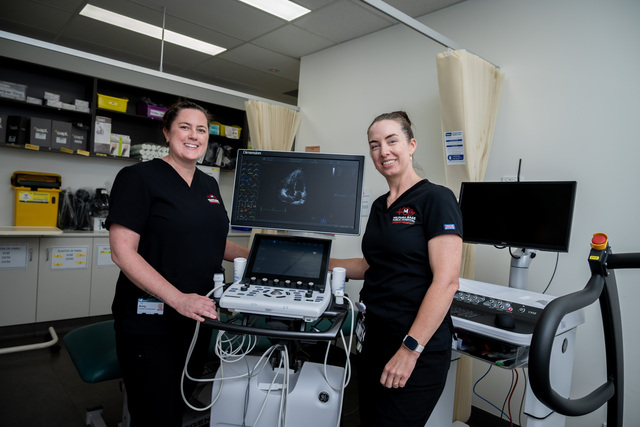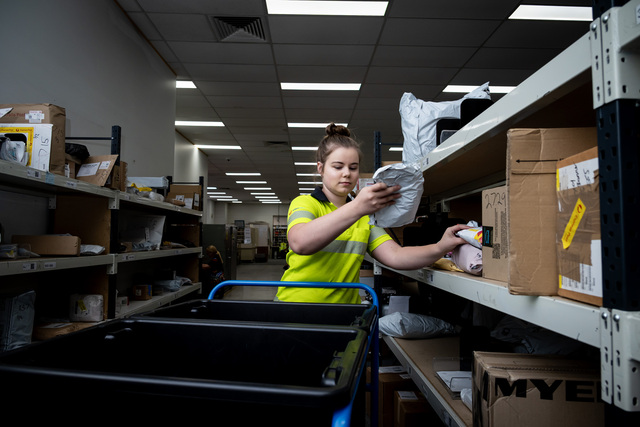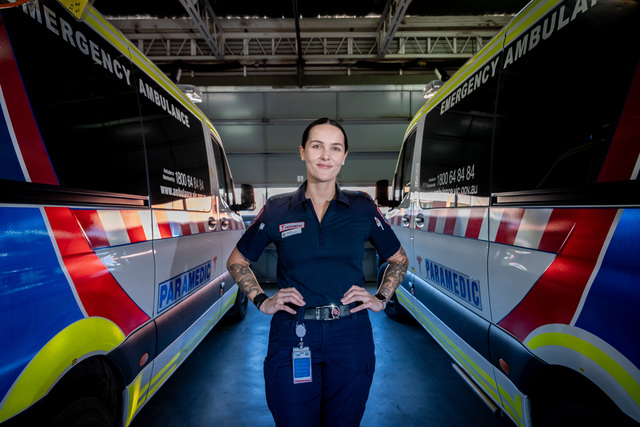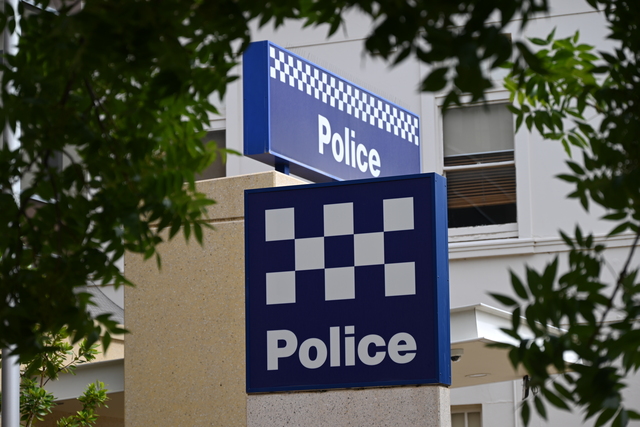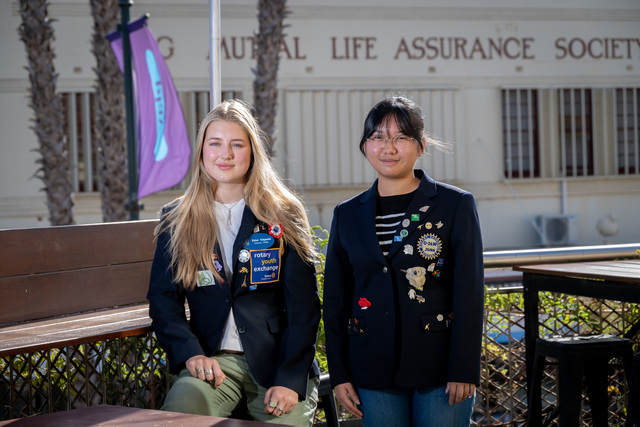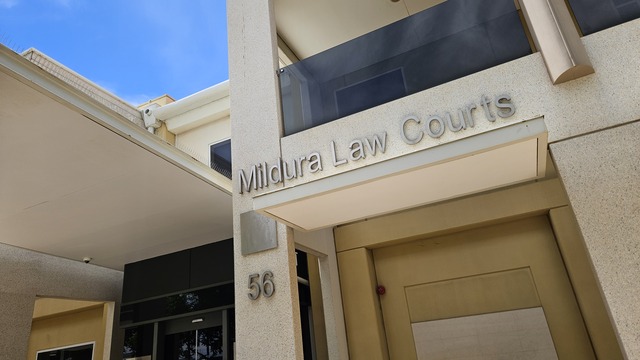THE Victorian Government hasn’t revealed whether it plans to install airconditioning in Mildura’s public housing before summer, despite restrictions on community spaces and the potential for lockdowns.
A Department of Health and Human Services spokesman said only that it was “considering a range of options to help manage very hot days” for public housing tenants during the coronavirus pandemic.
Airconditioning is not standard in Victoria’s public housing, including the state’s north-west, where heatwaves are common.
A study by Mallee Family Care and the University of Sydney last year found Mildura public housing tenants seeking relief on hot days would go to places such as the library, shopping centres, cinema, RSL or pub to cool down.
One resident told the study of the library: “Go in there on a 45-degree day and you’ll see a lot of public housing tenants resting.”
Under the current restrictions for most of regional Victoria, libraries are allowed no more than 20 people in each separate space and must also follow the four-square-metre rule.
In parts of Victoria with harsher restrictions, due to the surge in Melbourne cases, libraries cannot open at all and people have only four justifications to leave their home.
Having current or harsher restrictions to be in place during summer would raise the prospect of public housing tenants being kept at home without adequate cooling.
“The department provides airconditioning for public housing tenants with evidence of a medical condition or disability that requires stable room temperature,” the health department spokesman said.
“Public housing tenants are also able to install their own airconditioner with permission of the department, just as private renters can with permission of their landlord.
“The department is currently considering a range of options to help manage very hot days in public housing over summer under coronavirus (COVID-19) pandemic conditions.”
The Mallee Family Care study found residents were often told they did not meet the criteria for having airconditioning installed, even with medical and mental health conditions that worsened during the heat.
Residents wanting to install their own airconditioning still had to apply to do so, while some reported that even if they left a unit for the next tenant, the housing authority would remove it.
The study documented a wide range in physical health impacts for tenants on hot days, including heat stroke, heat exhaustion, dehydration, headaches and breathing difficulties.
Mental health, social wellbeing and economic impacts were also documented, along with children’s schooling being affected by lack of sleep.
The study recommended the State Government urgently review its policies regarding the provision of airconditioning for public housing tenants.
Member for Mildura Ali Cupper last month in Parliament urged the government to view the issue as a matter of public safety and survival, not comfort.
“Leaving public housing tenants to fend for themselves without this essential utility in the era of climate change is a dereliction of the state’s duty and, quite simply, inhumane,” she said.

